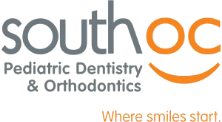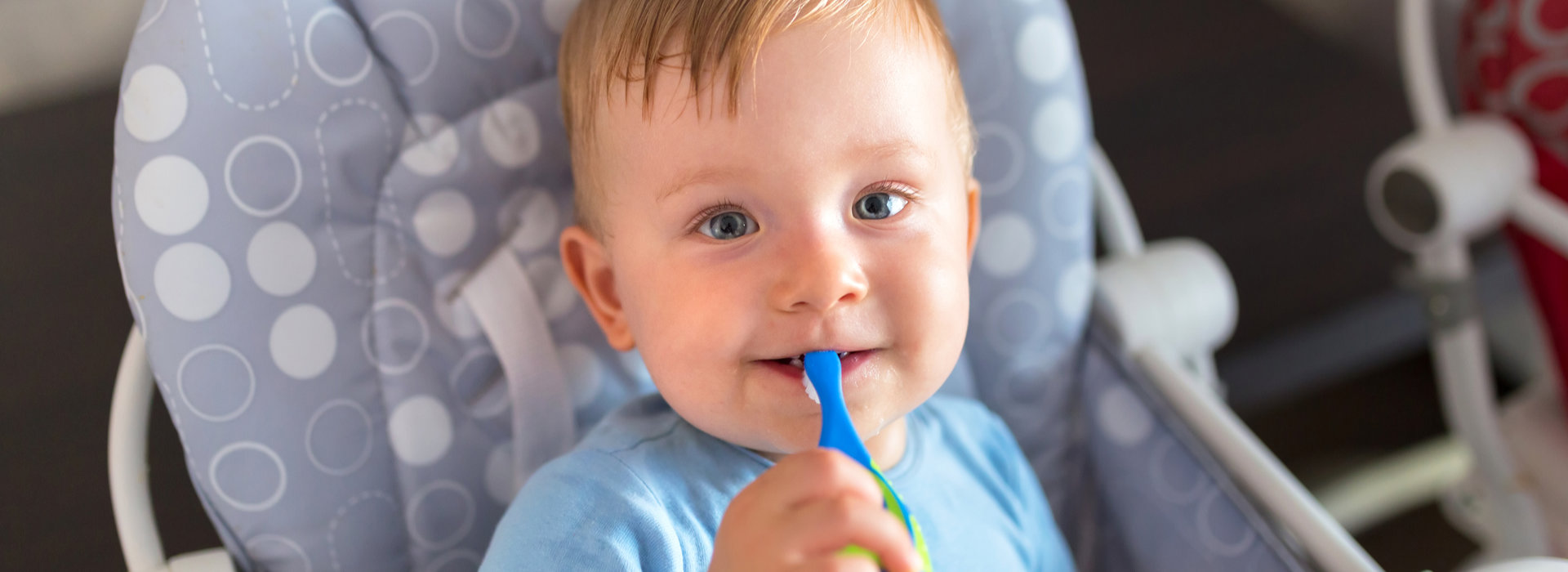Why Should My Baby See the Dentist?
Not many people think about taking their baby to the dentist, but starting these visits early can prevent big problems later on! Cavities, discoloration, and misalignments can all appear starting with the baby teeth, which can cause your child a lot of discomfort and dental health issues. .
What to Expect During Your First Exam?
The very first dentist visit with your baby is very simple and straightforward. Our dentists will greet the babies with a warm smile and gently inspect the baby teeth, gums, and inside of their mouths to make sure everything is going fine! With infant dental health, it’s important to have a combination of at-home and in-office routines to ensure your baby’s teeth grow strong and healthy.



Dental Health Routines for Babies
Clean Gums After Feedings
Gently wipe your baby’s gums with a damp and clean washcloth or gauze after every feeding. This removes food residue from the gums, which can create a bit of trouble down the line!
Teething Treatments
Teething can often be uncomfortable for babies, and there are many options to help them during this process, such as offering them a rubber teether to chew on or gently massaging the gums with a wet cloth or clean finger. Our dentists can provide more teething treatments if needed!
Wean Off Bottles
Bottle feeding can affect teeth alignment, so it’s a good idea to start weaning off bottles at around 12 months or so.
Brush with Water
When your baby’s first teeth start to appear, it’s time for brushing! Use a gentle toothbrush, wet it, and slowly go over the baby teeth to clean. Avoid toothpaste during infancy.
Regular Dentist Visits
The dentist is here to make sure your baby’s smile is healthy, so it’s a good idea to start the routine dentist visits as early as possible!
FAQs
Your common concerns, answered
We recommend that you start seeing the dentist as early as possible, even if the baby teeth haven’t popped out yet! This way, you can ensure your baby’s gums and oral health is right on track and can spot any worrying signs right away.
The safety of your baby is our top priority, and we would never recommend any treatment or procedure that will harm the child. Early dentist appointments are completely safe and will prevent the need for more extensive procedures later on.


